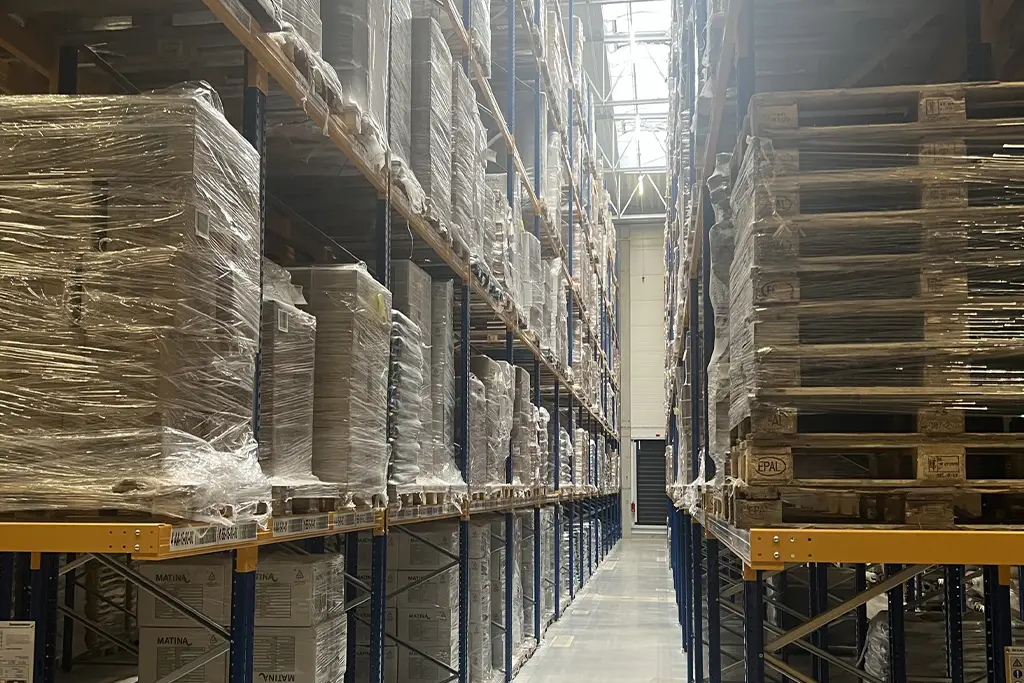Foreman is one of the jobs we encounter in the logistics industry. What does he do, what duties belong to him and how to become a foreman? We will try to answer these questions today.
The position of fore man is found not only in the logistics industry, we can also find it in construction and manufacturing companies. It belongs to the managerial positions, but his work includes duties that go beyond directing a team.
What are the duties of a foreman?
The main element of his work is to assign and control the work performed by subordinate employees. In addition, he supervises documentation and ensures that all health and safety rules are maintained. However, leading the team is not the only task that belongs to him, he also participates in the performance of tasks such as unloading, loading or complimenting orders.
A manager and a foreman are they the same thing?
Despite the fact that the foreman performs tasks that are associated with the position of a manager, namely delegating tasks, exercising control over the results of work are not the same positions. The foreman performs tasks together with the team. This is a key difference, as the Manager has a much broader scope of duties and responsibilities, he is responsible for foremen and setting tasks, which the foreman then processes with his team.
How to become a foreman?
A person who is to take the position of foreman should first of all have experience related to warehouse work. Usually, employees who are to serve as a foreman take this position through promotion. It is very important that a candidate for foreman, in addition to hard skills, should have soft skills that will allow him to organize his time effectively or work in a team. In addition, training is available to prepare the employee for new functions.
It is very important to observe employees who have taken up this type of job for the first time, such as how they handle the enforcement of delegated tasks. Often we may encounter a situation in which a foreman struggles to issue work orders and manage a team, this may be due to fear of losing sympathy among colleagues with whom he has so far worked not as a supervisor.

A candidate for a foreman, what skills should he have?
The hard skills that a person who is to take on the position of foreman should have are operation of programs used to manage the warehouseknowledge of the processes taking place on the warehouse floor, knowledge of health and safety regulations or the ability to keep specialized documentation. In turn, soft skills include the ability to work in a team, conflict resolution, working under time pressure, communication skills, the ability to organize work, as well as respond to emerging problems. In addition, a person should be characterized by integrity, assertiveness, conscientiousness and diligence.
In summary, knowledge and experience, as well as the ability to manage a team and assertiveness are the basis for the position of foreman. This is a position in which, depending on the industry in which the company operates, the responsibilities will vary. Looking at how the logistics industry is developing and how the demand for warehouse space is increasing, the position of foreman will certainly not lose its value, on the contrary, its function will continue to be crucial to the proper functioning of the warehouse.
A short interview with a foreman at LCL Logistic
Finally, a few words from one of the LCL Logistic employees who serves as a foreman.
How long have you been working as a foreman?
“Currently, I have been working as a foreman in this company for 2 years already,” he said.
What do you find most difficult about working as a foreman?
“Certainly the most difficult thing is coordinating people’s work. It’s always hard to work with people at the beginning, but with time the cooperation takes a good direction. The beginnings are always the most difficult.”
What qualities do you think a person should have to take on the role of foreman?
Certainly self-confidence and charisma, I think these are the basic qualities that a candidate for foreman should have.
What challenges did you encounter at the beginning of your work as a foreman?
“In the beginning, I was mainly accompanied by a lot of stress, which every foreman faces when starting in this position. Stress caused by a new environment and a lot of paperwork.”
What advice would you give to someone just starting out as a foreman?
“That he should not be discouraged, everyone makes mistakes, the main thing is to learn from them and learn from them.”

